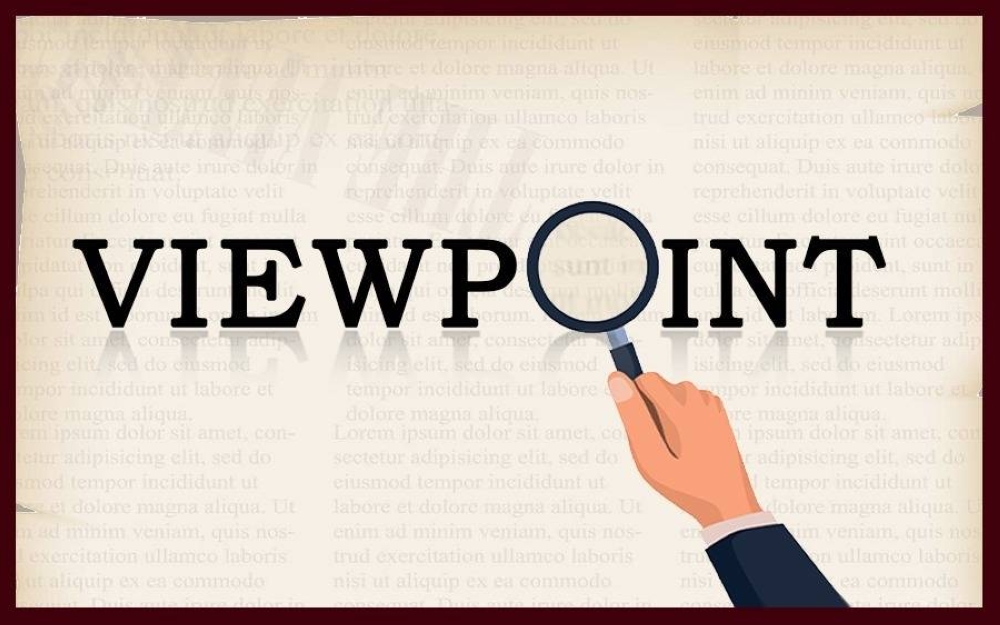Guatemala’s Bernardo Arevalo triumphed in Sunday’s presidential run-off, but a bitter post-election battle is already underway, with adversaries manoeuvring to kill his party and launch a wave of arrest warrants that could ultimately target him.
The reform-minded son of an ex-president, who for many embodies democratic hopes in a country where dictators cast a long shadow, won by a landslide on the back of widespread support for his anti-corruption message.
Arevalo secured 58% of the vote, well ahead of the 37% for runner-up Sandra Torres, a former first lady who sought to ride an establishment-friendly coalition to victory in Central America’s most populous country.
But while the 64-year-old former diplomat basks in the glow of a victory that seemed almost impossible just a couple of months ago, prosecutors have signalled there will be no let-up in their fight against Arevalo’s centre-left Semilla party.
The party was accused of falsifying some signatures when it was formed in 2017. But since it emerged as a serious contender in late June, prosecutors and a controversial judge pushed to cancel the party’s legal standing, though Guatemala’s top court has so far batted down the effort.
“We do not rule out raids, we do not rule out arrest warrants,” prominent prosecutor Rafael Curruchiche told reporters last week ahead of the vote.
Curruchiche has been accused of corruption by the US government but is likely to stay put, alongside Attorney-General Consuelo Porras, whose term does not expire until 2026.
US support may prove crucial to ensuring Arevalo is able to smoothly take power on January 14.
Three sources with direct knowledge of behind-the-scenes talks told Reuters that fresh US financial sanctions were being considered against officials in Guatemala should they attempt to block his win.
The election played out against a backdrop of right-wing backlash to an anti-corruption drive that ended four years ago, among accusations from opponents that those behind it had violated Guatemalan sovereignty and abused their power.
“We’re going to be faced with a government with a socialist bent,” said Ricardo Mendez Ruiz, an influential conservative who a decade ago founded the Foundation Against Terrorism, a key force pushing criminal cases that have targeted anti-corruption judges and prosecutors.
“Our history clearly shows that for every action there’s an equal reaction with the same force,” he said. “We won’t sit around with our arms crossed.”
In addition to new US sanctions that could prevent targeted individuals from using even local bank accounts, a diplomatic source said Washington is also considering a suspension on sugar exports if sustained efforts are made to bar Arevalo from taking office. Guatemala is a top 10 world sugar exporter, with shipments last year valued at about $800mn.
Thelma Aldana, a former graft-busting attorney-general, is optimistic Arevalo’s triumph can revive the fight against graft.
She praised the international collaboration during her time on a UN-backed anti-graft commission in Guatemala that successfully prosecuted dozens of corruption cases, including one that brought down a sitting president in 2015.
But the body, known as CICIG, was dissolved in 2019 by another president who had been implicated in illicit campaign financing.
“In Guatemala, corruption is systemic, but we showed the people how their governments were stealing from them,” she said from Washington, where she has been living in exile, like nearly 40 other judges and lawyers who fled to avoid being jailed.
Looking ahead to a five-month transition that outgoing President Alejandro Giammattei has pledged will go smoothly, Guatemalan-American writer Francisco Goldman also expects Arevalo’s foes to keep fighting, in some cases for their own survival. But he is hopeful.
“It’s going to take a long time to unwind,” he said, referring to entrenched corruption. “But the country is not passive, it knows its rights and knows it deserves better.” — Reuters
Opinion
Guatemala’s next leader faces deeply entrenched foes
US support may prove crucial to ensuring Arevalo is able to smoothly take power on January 14

